For decades, the ritual has been the same: open a browser, type a few keywords into a stark white box, and hit ‘Enter.’ What followed was a list of ten blue links—a digital treasure map where you had to do the digging. This familiar process, the bedrock of the modern internet, is undergoing its most significant transformation yet. The engine of this change? Artificial Intelligence.
We are moving from a world of searching to a world of finding. AI is not just a new feature; it’s a fundamental reimagining of our relationship with information. It’s the difference between using a library’s card catalog and having a conversation with a brilliant, all-knowing librarian who understands not just what you said, but what you truly meant. This article is your guide to this exciting new era, exploring how AI is making our quest for knowledge more intuitive, personal, and powerful than ever before.
From Keywords to Conversations: The Evolution of Search
The traditional search engine was a masterpiece of keyword matching. It scoured the web for pages containing your exact search terms and ranked them based on factors like authority and relevance. While effective, it placed the burden of interpretation on you. You had to learn “Google-fu,” stringing together words in just the right way to get the results you needed. A search for “best vacation spots for family cheap sunny in July” might have yielded messy, unhelpful results.
Enter AI and semantic search. Modern search engines, powered by sophisticated AI, now focus on intent. They use Natural Language Processing (NLP) to understand the grammar, context, and nuances of your query, just like a human would. You can now ask a full, conversational question, and the AI understands the relationship between “family,” “cheap,” and “sunny in July.”
This shift from a rigid, keyword-based system to a fluid, conversational one is the core of the AI revolution in search. The goal is no longer to just provide a list of potential answers but to understand your question deeply and deliver a direct, comprehensive response.
The Engine Under the Hood: How AI Understands Your Questions
So, what’s the magic behind this new intelligence? It’s not one single technology but a powerful combination of AI disciplines working in concert.
At the heart of it all are Large Language Models (LLMs). These are the colossal AI models, like those powering ChatGPT and Google’s Gemini, trained on trillions of words and data points from the internet. This immense training allows them to recognize patterns, understand context, and generate stunningly human-like text. When you ask a question, the LLM doesn’t just match keywords; it comprehends the underlying concept and can synthesize information to create a novel answer.
Supporting the LLMs is Machine Learning (ML). Every time you search, click a link, or rephrase a query, the system learns. ML algorithms analyze this behavior on a massive scale to continuously refine search results, personalizing them to your preferences and improving accuracy for everyone. This learning process is what makes AI search feel like it gets smarter and more helpful over time, anticipating what you’re looking for before you even finish typing.
Beyond Blue Links: The Tangible Benefits of AI Search
This technological shift isn’t just academic; it has real-world benefits that change how we interact with information daily. The page of blue links is giving way to a more dynamic and helpful results page.
Here are the key advantages you’re likely already experiencing:
- Direct Answers & AI Summaries: Instead of you having to click five different articles to piece together an answer, AI now often provides a concise, synthesized summary right at the top of the results. This is perfect for quick fact-finding and complex questions.
- Multimodal Search: The search bar is no longer limited to text. With AI, you can search with your voice, an image, or even a hummed melody. Point your phone’s camera at a plant, and AI can identify it and provide care instructions.
- Hyper-Personalization: AI considers your search history, location, and even the time of day to provide results that are uniquely relevant to you. A search for “best dinner” will yield different results if you’re at home on a Tuesday versus traveling in a new city on a Saturday.
- Creative and Complex Task-Solving: AI search is evolving into a creative partner. You can ask it to “plan a 3-day itinerary for a trip to Rome on a budget” or “help me draft an email to my boss,” and it will generate a structured, actionable response.
Navigating the New Landscape: Challenges and Considerations
While the promise of AI-powered search is immense, it’s crucial to navigate this new landscape with a critical eye. The technology is not without its flaws and presents new challenges we must consider.
The most significant concern is accuracy and “hallucinations.” AI models can sometimes confidently present incorrect information as fact. Because they are designed to generate plausible-sounding text, they can occasionally invent sources, dates, or details. Verifying critical information from primary sources remains as important as ever.
Another major issue is algorithmic bias. AI models are trained on human-generated data from the internet, which contains inherent biases. These biases can be amplified and perpetuated in search results, potentially reinforcing stereotypes or creating information echo chambers.
Finally, the rise of AI-generated summaries poses an existential threat to content creators and publishers. If users get their answers without ever clicking a link, how will the websites that create the original, high-quality information survive? This is a complex economic and ethical question the industry is still grappling with.
The Future is Proactive: What’s Next for Information Discovery?
The evolution of search is far from over. If the current shift is from keywords to conversations, the next leap will be from reactive answers to proactive assistance. The future of search won’t wait for you to ask a question.
Imagine an AI that knows you have a flight in the morning. It proactively checks traffic and tells you the best time to leave for the airport. It might notice you’ve been researching hiking trails and suggest new gear that just went on sale. This is the world of predictive, ambient computing, where information discovery is woven into the fabric of your life, served up by digital assistants in your phone, your car, and your smart glasses.
Search will become a continuous, background dialogue. It will be less of a distinct action you take and more of a constant, helpful presence. The ultimate goal is to close the gap between a thought and an answer, making the acquisition of knowledge as seamless and natural as breathing.
Conclusion: Embracing the AI-Powered Information Age
The humble search box is transforming into an intelligent, conversational partner. The revolution powered by AI is making finding information faster, more intuitive, and deeply personalized. We’ve moved beyond the limitation of keywords into a more human way of asking questions and receiving knowledge.
However, this powerful tool demands a new level of digital literacy. We must learn to harness its strengths while being mindful of its weaknesses—verifying facts, questioning biases, and supporting the creators who form the foundation of online knowledge. The future isn’t just about smarter search; it’s about us becoming smarter users. The journey of information discovery has a brilliant and exciting road ahead.
See Also
-
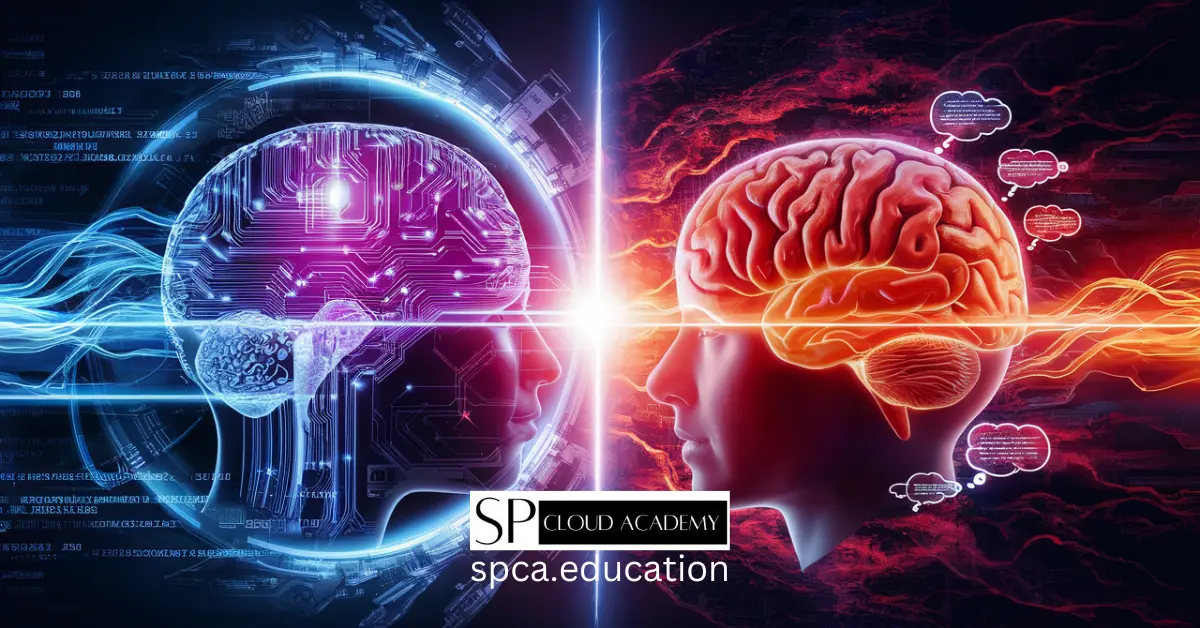
AI vs. The Mind: The Ultimate Battle Between Machine and Thought
-

Lifelong Learning in the AI Era: How Upskilling Can Future-Proof Your Career
-

Personalized AI Tutoring Tools: The Future of Smarter Learning
-
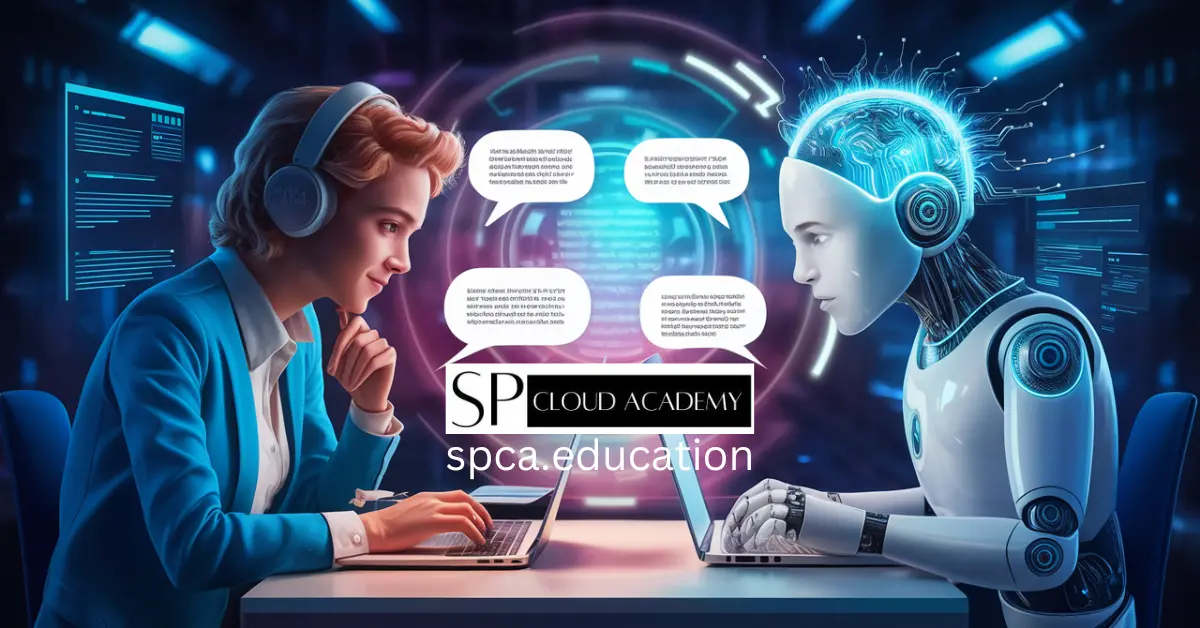
Blogging vs. AI: Who Owns the Future of Online Content? A Deep Dive
-
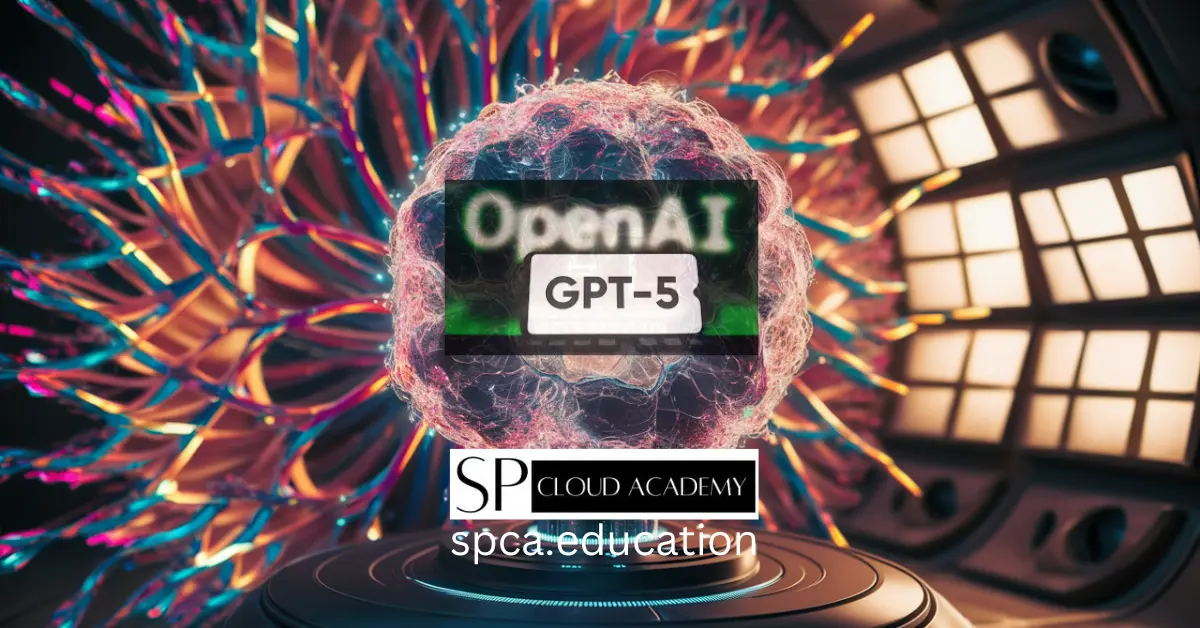
Why GPT-5 Might Be the Most Intelligent AI Ever Created
-
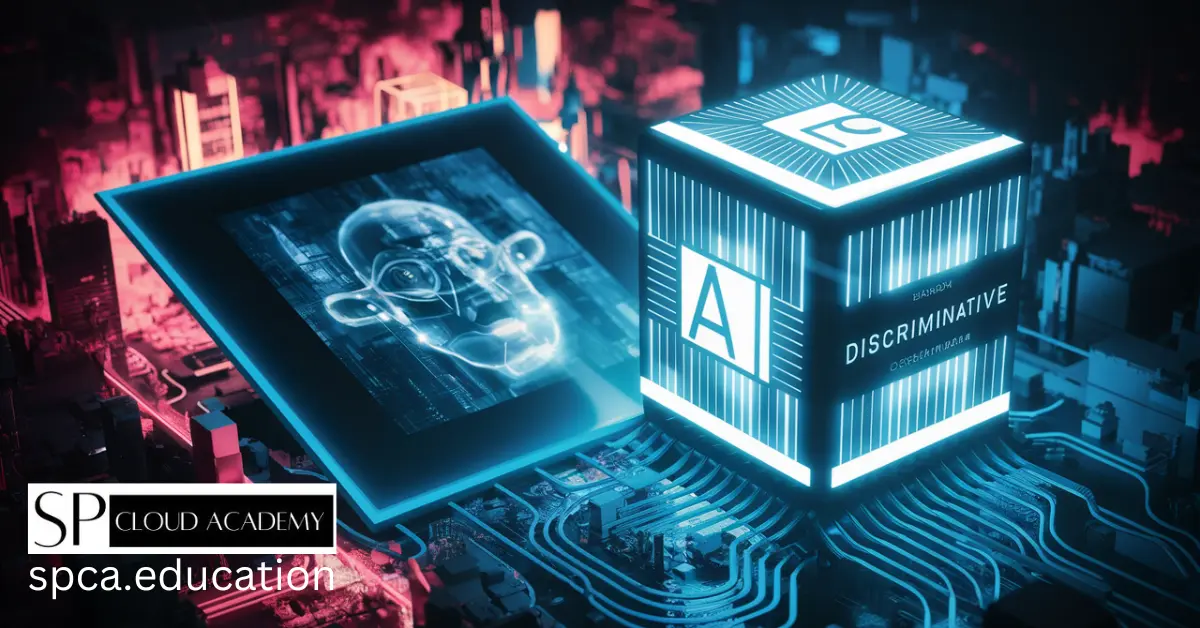
Unlocking the Power of Discriminative AI: The Future of Intelligent Decision-Making
-

Unlocking Creativity: The Fundamentals of Generative AI Explained
-

Traditional Web Surfing vs AI: Who Wins the Battle for Your Attention?
-

Stay Ahead of the Curve: 9 AI Skills That Set You Apart in 2025
-
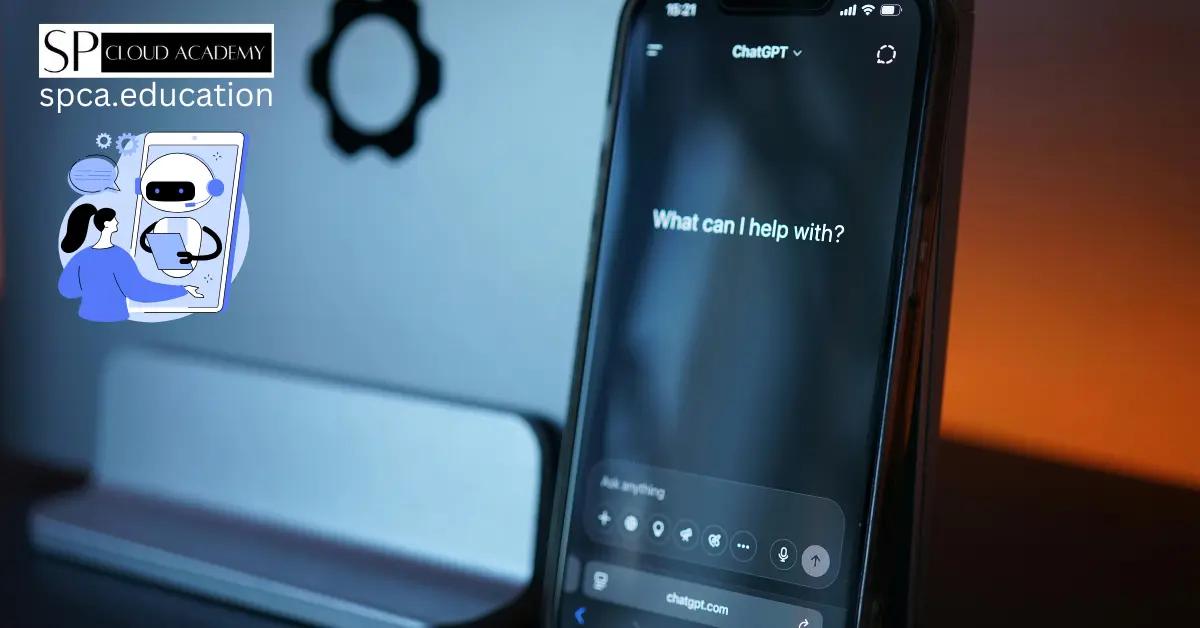
Smarter Than Search: How AI Is Reshaping the Way We Find Information
-

Make Money While You Sleep: The Ultimate Guide to AI-Powered Passive Income
-

Microsoft Copilot Is Changing Work Forever — Here’s How It Impacts You